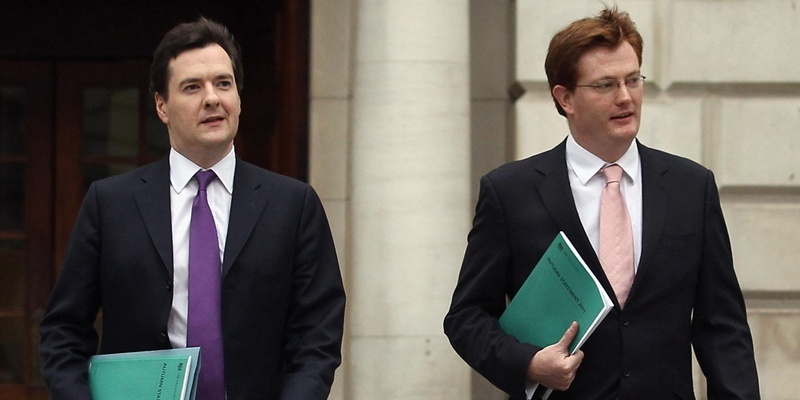George Osborne has handed Scotland a £433 million windfall despite acknowledging the UK is at risk of another recession if the eurozone crisis deepens.
Presenting his autumn statement in the House of Commons on Tuesday, the Chancellor announced a package of measures intended to boost GDP by investing in infrastructure, small companies and jobs.
While some of the measures will directly apply in Scotland, others will see the multi-million-pound boost to the Scottish Government budget through the Barnett formula.
Mr Osborne also provided some relief for motorists, confirming the planned 3p increase in fuel duty would be scrapped.
But there was more bad news for public sector workers ahead of today’s strike action, with annual pay rises to be capped at 1% for two years after the current freeze ends.
The number of public sector jobs set to be lost across the UK by 2017 was also revised up from 400,000 to 710,000.
The prospect of more confrontation with unions was also raised by the announcement of a review of public sector pay which could lead to different rates for the same job in different parts of the UK.
Private sector workers also faced a blow to their pension plans, with the news the state pension age will be raised to 67 from 2026, saving £59bn in the long term.
Meanwhile, the child element of the working tax credit will be raised in line with inflation but other tax credit increases will be restricted
But in April there will be a £5.30 increase in the basic state pension to £107.45 a move that will benefit one million pensioners in Scotland.
A series of measures to tackle youth unemployment, first unveiled by Deputy Prime Minister Nick Clegg last week, were also confirmed.
Small and medium size Scottish companies will potentially also benefit from a £40 billion credit easing measure to improve access to finance for businesses.
Other measures included an increase in the bank levy to 0.088% from January 1.
Referring to figures compiled by the Office of Budget Responsibility, the Chancellor confirmed economic growth will be lower, and borrowing and unemployment higher, than forecast in his March budget.
Labour’s shadow chancellor, Ed Balls, insisted the admission showed the Coalition Government’s plan for getting to grip with the UK deficit was ”in tatters” and a ”colossal failure”.
But Mr Osborne insisted his statement offered ”leadership for tough times”, rather than ”promises of quick fixes and more spending that this country can’t afford at times like this.”
He said the OBR blamed lower-than-expected growth on the sovereign debt crisis in the eurozone.
”Much of Europe now appears to be heading into a recession caused by a chronic lack of confidence in the ability of countries to deal with their debts,” the Chancellor said. ”We will do whatever it takes to protect Britain from this debt storm while doing all we can to build the foundations of future growth.”
Mr Osborne insisted he will meet his target of eliminating the UK’s structural deficit.
He stressed the independent OBR is not predicting recession for the UK, although it did find the debt challenge was ”even greater than we thought because the boom was even bigger, the bust even deeper and the effects will last even longer.”
Photo Dan Kitwood/PA Wire
